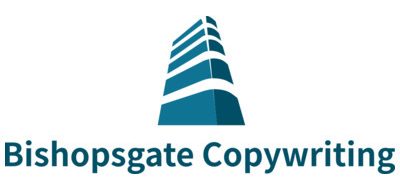It’s important for every small business to give careful thought as to what it puts on the “About” page of its website. After the Home page it’s often the page that site visitors will go to next. It’s one which can strongly influence the decision about whether or not to do business with you.
In other words it’s about credibility and trust. A visitor to your site will typically go to your About page to find out if you’re a business of substance. People only buy from businesses that they trust.
A Window into Your Business
Think of your About page as a window into your business. It’s your opportunity to outline what your business does, how long it’s been trading and where it’s located. Site visitors will also expect to find information there about the size of the business (particularly the number of employees) and gain some insights about the people who run it.
Having said all this you need to remember that in today’s world, where skim-reading has become the norm, you don’t have too much time to get your key messages across. For this reason the content of your About page needs to be succinct. Few people will trawl through endless paragraphs about the history of your business, so keep the content short and snappy.
Another way to consider the value of an About page is to think of it as an extension of the Home page. The two pages should complement each other. It’s OK to have some overlap between the Home page content and the About page content but try to avoid too much repetition.
From an SEO perspective the About page of a small business website should also include additional keywords which weren’t included in the Home page. Having a good About page means that you don’t have to cram your Home page with keywords – this can make the content seem contrived, as well as uninteresting to read.
6 key things an About page should communicate
- What the business does and who it does it for
- How long the business has been operating and (one or two) key company milestones
- Where the business is located, including any branches (adding photos of the business premises can be useful)
- How many people work in the business and who the key decision-makers are (photos & short bios of key personnel are good, as are short video introductions)
- What it is that differentiates the business from its competitors
- What the core values of the business are. Inclusion of the company’s mission statement can be helpful.
If you’d like me to write the About page content for your small business website, please get in touch.




Great post. I’ll be keeping this bookmarked as a checklist.
What I also try to do is frame the company’s background and achievements in terms of benefits to the customer. For example, founded in 1981 becomes 30 years’ experience. Awards allow them to offer certain types of expertise. And so on.
Sometimes, if the company is a large one, it can be worth breaking the page up into a few – one about the people, one about the business’s locations (if this has a beneficial effect on what they offer) etc.